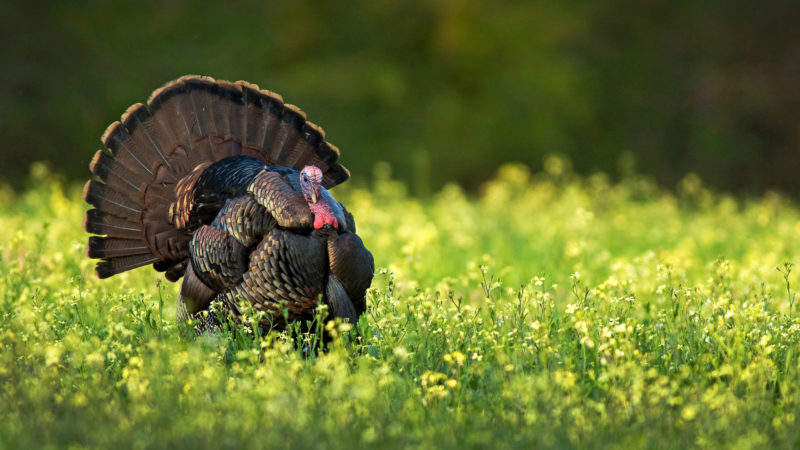Big changes are coming for Tennessee turkey hunters as the state attempts to help slow the population decline in turkey numbers across the state. The decision came in a June 3rd meeting when the fish and wildlife commission approved major changes for the 2023 turkey season.
Tennessee is among a number of southern states that have felt the impact of a declining turkey population over the last decade. State wildlife agencies and biologists across the south have scrambled for answers to why the decline has occurred. A number of states have made bold moves to help make a change to the current trajectory. Tennessee is the latest to take action with plenty of changes for the coming year.
Here’s a closer look at what’s to come for turkey hunters in Tennessee in 2023.

A Delayed Season Start
One of the big discussions among the commission revolved around the possibility of a season shift to allow for better nesting opportunities in the most crucial time period, leading up to mid-April.
There was talk of a 1-week delay, but after hearing from Jim Shields, Turkey Program Coordinator for the Tennessee Wildlife Agency (TWRA), the commission approved pushing the opener back two weeks.
“By pushing it only one week, I don’t know that you’ll have made a big enough difference to have an effect,” Shields said during the meeting. “The nesting is kind of a bell shaped curve. Most of those nests are right around the middle of April. So if you only delay a week, you’re really only delaying hunter pressure very early, on those few early nests.”
Tennessee’s spring turkey season will now begin on April 15th. The youth season will be delayed until April 8. The season shift applies to all public and private lands.
A Reduced Bag Limit
The commission also voted to reduce the current bag limit in Tennessee from 3 birds to 2. This decision comes after much discussion from hunters across the state voicing their desires and concerns. While many dread the thought of losing a bird from the bag, the majority realized the need, and potential, for reducing the bag limit across the state.
There was also discussion of removing jakes from the daily bag limit. However, the decision was ultimately made to allow the hunter’s bag limit to include 1 jake per season. The move was intended to benefit young hunters, new hunters, or anyone else that might not care whether they shoot a juvenile or adult bird.

A Ban of Reaping on Public Land
At the conclusion of the meeting, the commission addressed one of the hotter topics among turkey hunters in recent years – the use of the reaping or fanning tactic for turkeys.
The commission defines the practice as “hunting or stalking wild turkeys while holding or using for hunter concealment any of the following items: a tail fan, a partial or full decoy with a tail fan or a tail fan mounted to a firearm.”
The two biggest complaints regarding the fan are the safety risks involved, as well as the effectiveness of the tactic. Crawling behind a strutting turkey decoy goes against everything ever taught in hunter safety class. Deadly accidents are occurring by hunters using the technique. The safety risks are obvious. But critics also say the reaping tactic is too effective to be used on a declining turkey population.
The agency proposed a ban on the reaping process for turkeys to reduce safety risks and help boost the turkey population. However, commissioner Bill Cox, didn’t like the idea. He brought forth an amendment to override the proposed ban on reaping at the meeting. “There’s no basis except for an emotional decision on this and some input from people that feel like it is dangerous with no data to back that up,” says Cox. “I don’t particularly like government sticking their nose in my business when there’s no justification for it.”
However, other commissioners didn’t share the same thoughts on the issue. In fact, Cox found himself in the minority when it came to a vote. “For safety issues and to leave more longbeards on the landscape for other hunters to enjoy, I’m for banning it on WMAs, and not on private lands,” said Commissioner Wright.
The commission went on to vote 9 to 3 to uphold the ban on reaping on public land across the state.
The big question is, will these changes make a difference when it comes to helping swing things back in the right direction for turkey numbers across the state? The changes mentioned above, as well as increased trapping opportunities for coons and possums, are just pieces of the puzzle. Alone, they won’t make much of a difference. However, when combined in a holistic approach, change could certainly come to fruition.
What about you? What are your thoughts on the best moves to make to help make a difference in turkey populations where you live? Comment below, and let us know what you think.

 By
By 



